
Hair plays an important role in how we see other people. Overall, men who have a lot of hair on their heads are considered more attractive than men who are bald. Likewise, having hair color makes people appear healthier and more attractive than those whose hair is thinning or greying.
Rather than running to a salon or investing in expensive hair treatments, people who are concerned about their hair might opt to address their concerns through their diet. The best foods for hair growth are packed with protein, vitamins, and minerals that nourish hair and help it grow.
If you’re interested, read through this list of the 15 best foods to eat for hair growth. At the end of this article, I’ll share some quick meal ideas that can help you pull these foods together to benefit your hair health in beautiful ways.
15 Best Foods For Hair Growth
- Lean Beef
- Chickpeas
- Avocado
- Brazil Nuts
- Peppers
- Eggs
- Spinach
- Pinto Beans
- Sweet Potatoes
- Chicken
- Gelatin
- Berries
- Seeds
- Yogurt
- Fatty Fish
Lean Beef
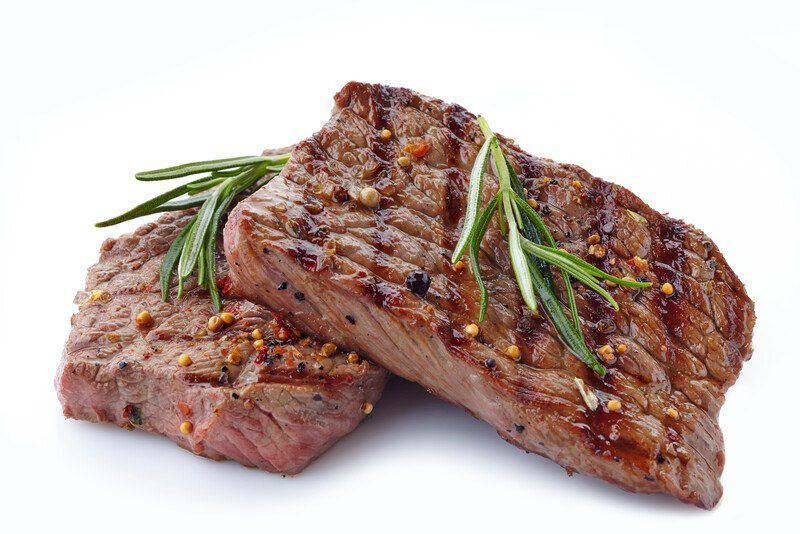
Protein is essential for growing long, thick, healthy hair. That’s because hair is made of protein. Keratin, the type of protein found most in hair, is also found in lean beef and other lean meats. Keratin is also found in other animal products, such as fish and low-fat yogurt.
One interesting thing about keratin is that our bodies can make it as well as get it from the foods we eat. Making keratin ourselves requires the support of other nutrients, including biotin, vitamin A, and zinc. While lean beef doesn’t provide vitamin A, it does supply both zinc and biotin, along with keratin.
Chickpeas

Chickpeas are legumes that are also known as Egyptian Peas or Garbanzo Beans. Like most legumes, chickpeas are rich in fiber and other nutrients that can help support healthy hair growth.
One substance found in chickpeas is folate. Folate is an important B vitamin that helps renew and build cells. Getting enough folate in the diet can help renew healthy hair follicles so that you can keep and maintain your hair and grow it longer, too. A one-cup serving of cooked chickpeas provides around 282 mcg of folate, as well as around 14 grams of protein that provides the building blocks for healthy hair.
Avocado
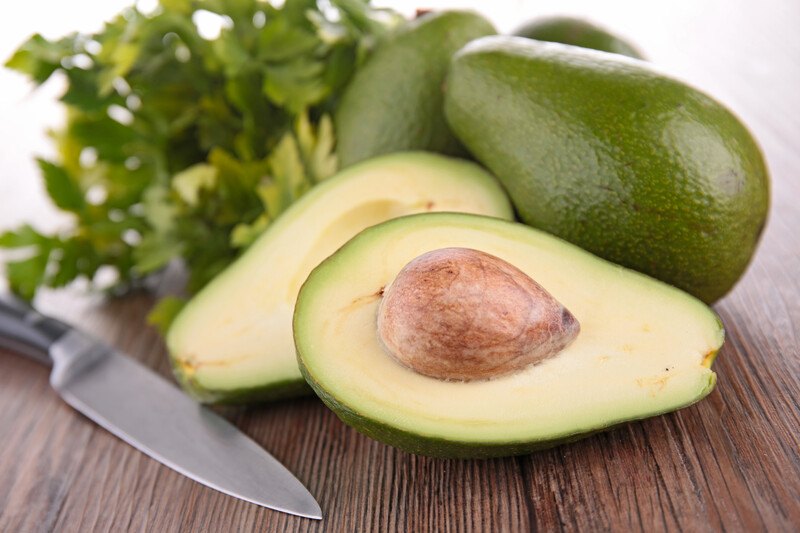
Avocados are a great food for supporting healthy hair growth. They’re rich in several key nutrients that support healthy hair. For example, one cup of avocado slices contains around 1.85 mcg of biotin or around 6% of the daily recommended value. It also contains 219 IU of vitamin A, which is around 4% of the daily recommendation, and 122 mcg of folate, or around 30% of the recommended daily intake. If you need more foods with high folate content, see our list here.
This food is also a significant source of potassium, which can help prevent hair loss by limiting the excess salts that build up around hair follicles. A one-cup serving of avocado provides around 21% of the daily value of potassium.
Brazil Nuts
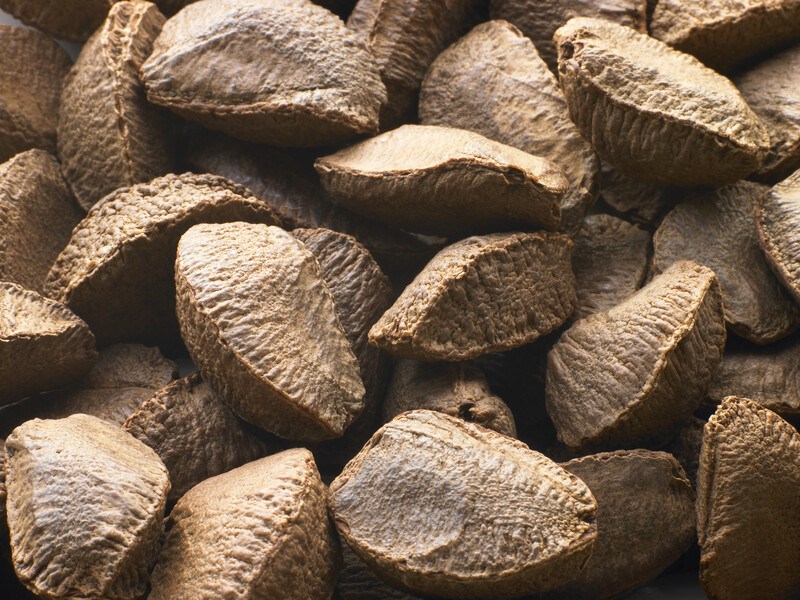
Like other legumes, most nuts are high in protein and in other nutrients that support hair growth. Brazil nuts are especially healthy for hair growth. One ounce of Brazil nuts, or around 8 kernels, provide about 5% of the daily recommended intake for potassium, as well as 26% of the daily value for magnesium. Magnesium is important because it stimulates hair follicles, so healthy hair can grow. It also helps prevent hair loss.
One ounce of Brazil nuts also supplies around 8% of the daily recommendation for protein.
Brazil nuts really stand out for their selenium content. Selenium is involved in forming new hair, as well as producing the thyroid hormones that regulate hair growth. A one-ounce serving of Brazil nuts provides 988% of the recommended daily intake for selenium.
Peppers
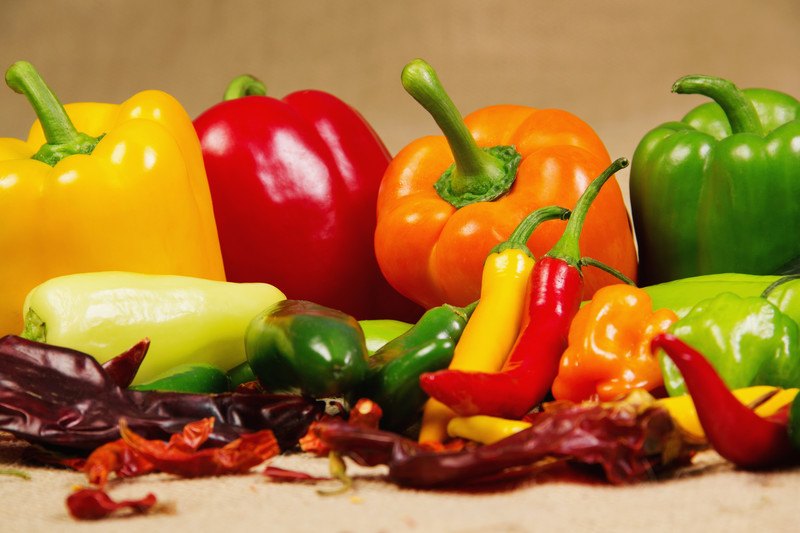
Peppers contain several nutrients that support healthy hair. Yellow peppers are high in vitamin C, which is great for hair growth. Just 10 yellow pepper strips supply around 159% of the recommended daily intake for vitamin C. They’re also a decent source of potassium, magnesium, and vitamin B6, which help hair growth by supporting how protein is metabolized.
Some peppers, including cayenne peppers, are also rich in a substance called capsaicin. Capsaicin can help promote healthy hair because it aids the circulation of the blood, which carries nutrients to the scalp and hair follicles. Some people even use cayenne pepper topically to increase circulation and improve hair growth.
Eggs
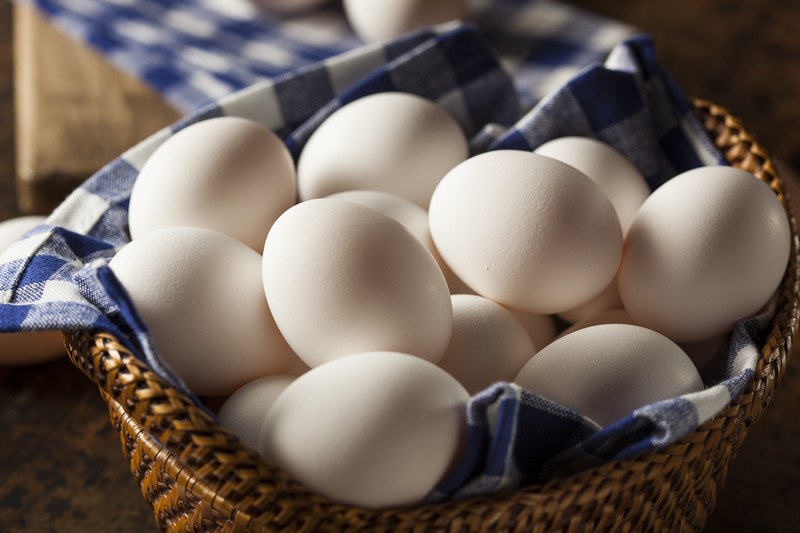
One extra-large egg provides around 14% of the recommended daily value for protein. This includes around 10 mcg of biotin (33% of the recommended daily intake), which supports the production of the keratin protein that hair is made of.
Eggs are also rich in selenium. One egg provides 25% of the daily recommendation. Magnesium, vitamins B6 and B12, vitamin A, phosphorus, and other vitamins and minerals are also found in eggs. Vitamin B12 is important because it helps promote oxygen-rich blood that nourishes the hair and scalp.
Like cayenne pepper, many people use raw eggs in hair packs to infuse their scalps with the vitamins and minerals that help promote hair growth.
Spinach
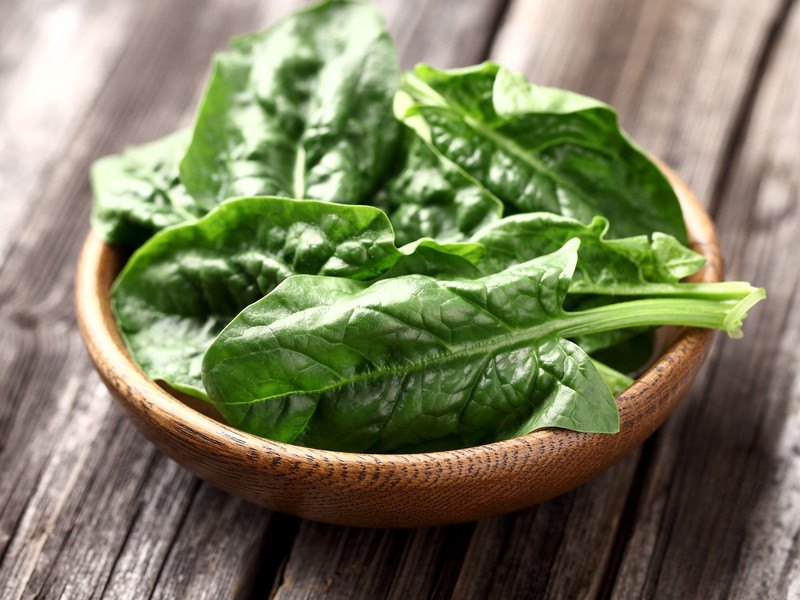
Spinach is one of the best-known and tastiest green leafy vegetables. Besides being high in fiber, it contains calcium, magnesium, potassium, zinc, selenium, and vitamins C, E, K, and B6. It’s also super-rich in vitamin A. A one-cup serving of raw spinach provides 469 mcg, or 50%, of the recommended daily intake for vitamin A. Vitamin A is important because it plays a role in cell growth throughout the body, including hair.
Spinach is also a decent source of biotin. A ½ cup serving of cooked spinach supplies around .5 mcg, or 2% of the daily recommendation. Spinach really shines for its folate content, though. One cup of raw spinach provides 194 mcg of folate or around 48% of the daily recommended intake.
Pinto Beans

Pinto beans are common brown speckled beans grown mostly in the northern part of Mexico or in the southwestern area of the United States. These beans are often eaten boiled in dishes like chili or mashed and served as refried beans.
Pinto beans are a good source of iron, a mineral that can help slow the shedding of hair. A one-cup serving of pinto beans supplies 54% of the recommended daily intake for iron. It also provides 85% of the recommendation for magnesium, 45% for vitamin B6, 20% for vitamin C, and 6% for potassium.
Pinto beans are rich in protein, too. A one-cup serving contains 41 grams of protein or 82% of the daily recommendation.
Sweet Potatoes
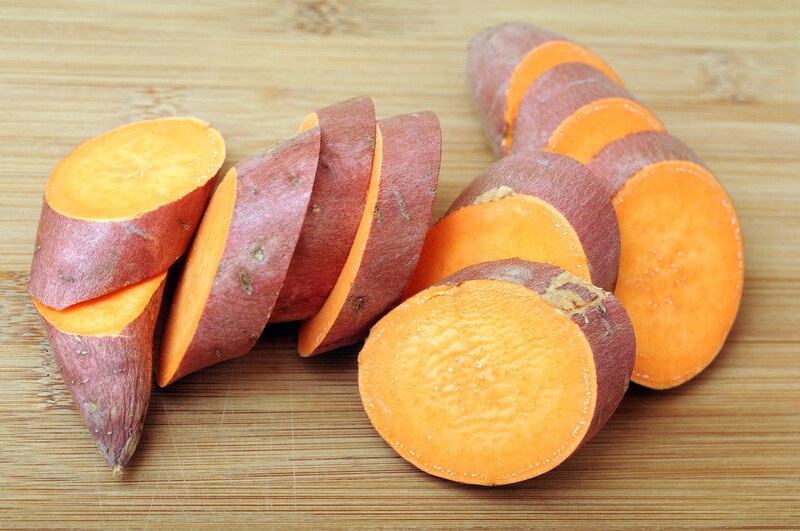
Sweet potatoes are packed with vitamin A. One raw sweet potato provides 79% of the recommended daily intake for vitamin A, which supports healthy cells and hair growth.
A sweet potato also contains around 3% of the daily recommendation for folate, 7% for potassium, 16% for vitamin B6, 8% for biotin, 3% for vitamin C, and 16% for pantothenic acid. Pantothenic acid is important because it can help rebuild damaged hair.
One interesting thing about sweet potatoes is that they also impact insulin resistance and blood sugar levels, which can in turn affect hair growth and loss. Many women experience hair loss from the scalp when they’re experiencing pre-diabetic conditions. Others get hirsutism, or facial hair, when they become insulin-resistant.
Chicken
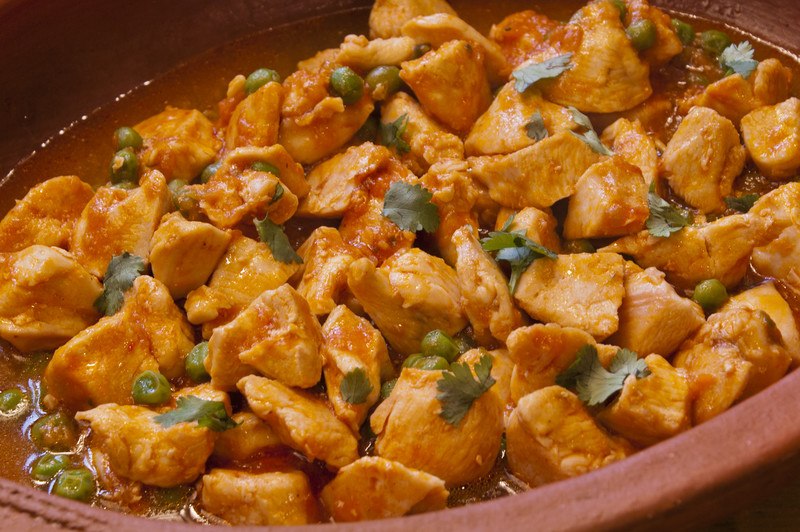
Like lean beef, chicken is a great source of proteins and minerals that support healthy hair growth. For example, one cup of cubed cooked chicken provides more than 43 grams of protein or around 87% of the recommended daily value.
A one-cup serving of chicken also supplies 96% of the daily recommendation for niacin, which helps rebuild the keratin that hair shafts are made from. Niacin has been studied as a topical hair solution that helps people grow thick hair, as well.
Chicken is rich in other hair-supporting nutrients, including vitamins B6, B12, and pantothenic acid, as well as iron, magnesium, potassium, zinc, and selenium. A one-cup serving of chicken provides 55% of the recommended daily intake for selenium.
Gelatin
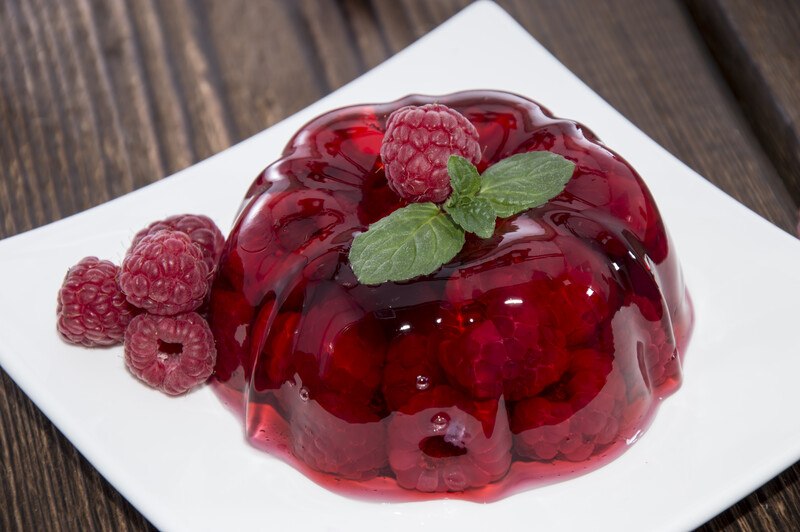
Eating Jello for growing stronger, thicker hair and stronger, longer nails isn’t just a myth. One of the biggest components of gelatin is collagen, which, along with keratin, forms a healthy hair shaft. A ½-cup serving of a fruit-flavored gelatin dessert provides 1.6 grams of protein, while one ounce of unsweetened gelatin powder provides 6 grams of protein.
Gelatin has been studied for its ability to help reverse hair loss in patients with alopecia, a form of hair loss. The interesting thing about gelatin is that it can be used as a hair mask, similar to hair masks made from eggs or cayenne pepper, to bring nutrients directly to the hair and scalp.
Berries
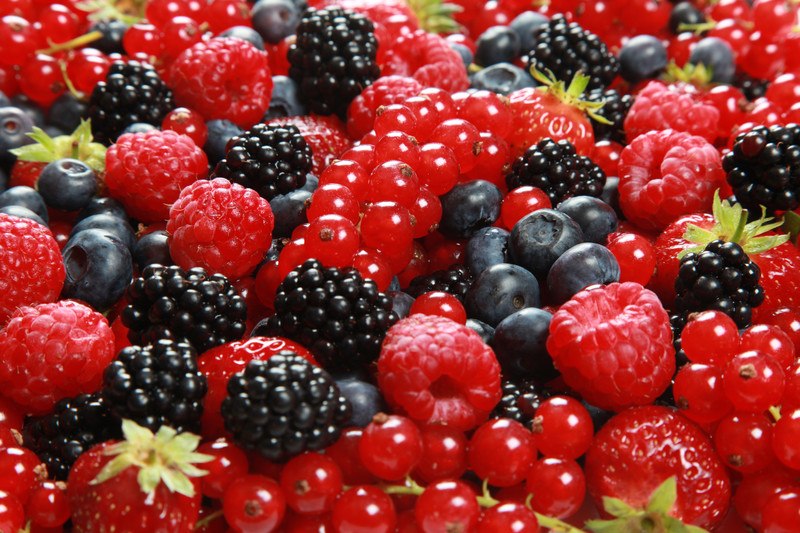
Berries are great for hair growth because of their rich supply of vitamin C. Vitamin C helps nourish hair follicles and promotes healthy circulation in the scalp, too. The vitamin C in berries also helps produce collagen, which keeps hair supple and strong.
One cup of blueberries contains 24% of the recommended daily intake for vitamin C, while raspberries contain 53% and strawberries contain 141%. These berries are also good sources of vitamin B6, magnesium, and iron.
Seeds

Seeds like pumpkin seeds, sesame seeds, and sunflower seeds make a great snack, but they’re also good for hair growth. Flax seeds and fenugreek seeds are also popular seeds for supporting healthy hair.
These seeds are important because they supply a variety of nutrients, including zinc and omega-3 fatty acids, which may boost hair growth and reduce hair loss. This works partly because of the anti-inflammatory effect of omega-3 fatty acids, which helps open hair follicles so that healthy hair can grow.
Seeds are also naturally rich in proteins, including biotin. A ¼ cup serving of sunflower seeds provides 2.6 mcg of biotin.
Yogurt

Greek yogurt, which is known to help support gut health, also provides nutrients that support healthy hair growth. One of its key compounds is vitamin B5, or pantothenic acid, which helps promote healthy blood flow to the scalp and hair follicles. Yogurt also contains decent amounts of protein for building healthy hair shafts.
One interesting thing about yogurt is that the probiotic bacteria in it also help boost hair growth. Many people use yogurt in hair masks to nourish their scalp directly. As a hair mask, yogurt also helps repair damaged hair shafts.
Fatty Fish
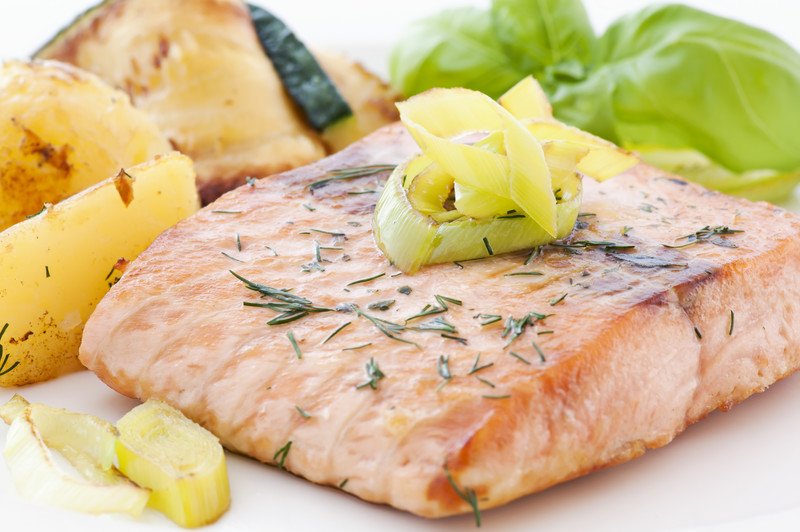
Fatty fish includes salmon, mackerel, herring, sardines, trout, and other fish that often swim in cold waters. These types of fish are rich in omega-3 fatty acids, which help support healthy hair follicles so hair can grow.
While more research is needed for humans, some studies show that omega-3 fatty acids can also stimulate hair follicles. Taking omega-3 supplements is also linked to thicker hair.
Three Meals For Healthy Hair
Now that you’ve read through this list of the 15 best foods to eat for hair growth, you could be wondering how to pull these foods into meals that benefit your hair. I’m sharing three ideas here to help you get started.
Idea #1: Chili
There are many recipes for chili that can be modified to help support your hair growth. For example, use pinto beans, add lean beef to make it savory and spice it up with cayenne pepper. You might also consider ending the meal with a fruit-flavored gelatin dessert.
Idea #2: Salmon And Sweet Potatoes
Serve salmon with baked sweet potatoes and a side of fresh spinach salad topped with nuts and seeds. For dessert, try berries mixed in Greek yogurt.
Idea #3: Quiche
Like chili, many quiche recipes can be modified to enhance hair growth. The eggs are a terrific base, and you can add spinach, chopped peppers, and other vegetables to make it even healthier and tastier. Avocado slices can make a nice side dish, too.

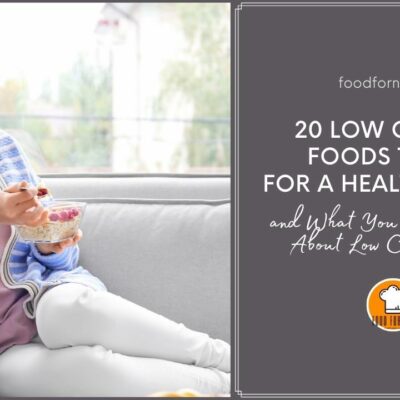
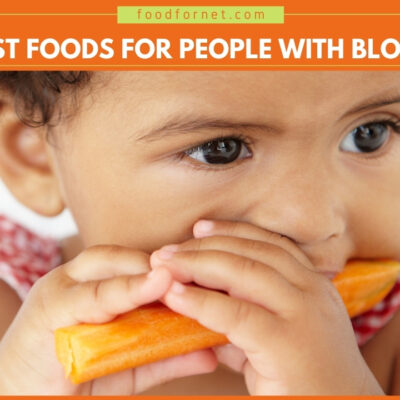
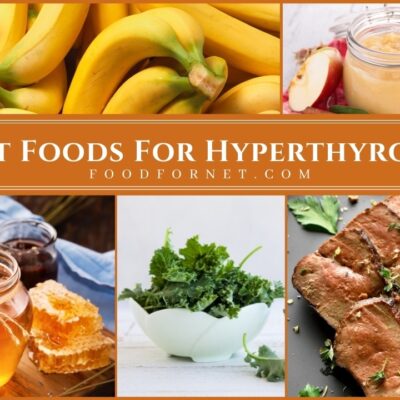
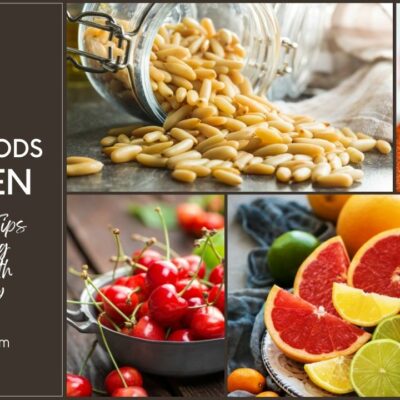
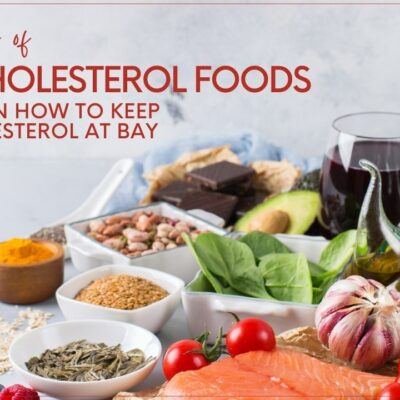
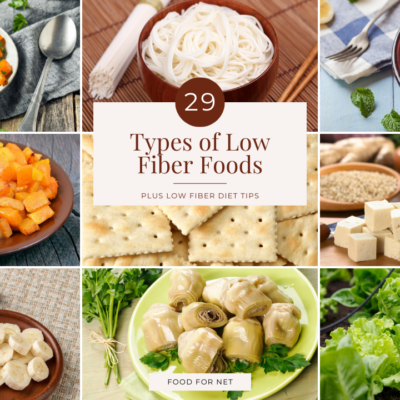

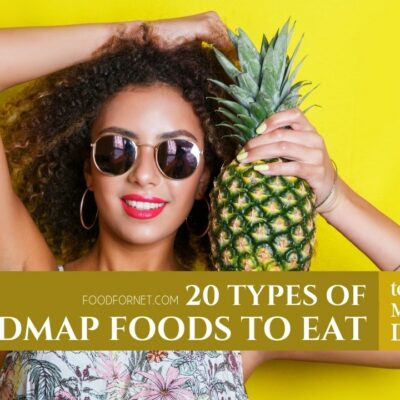
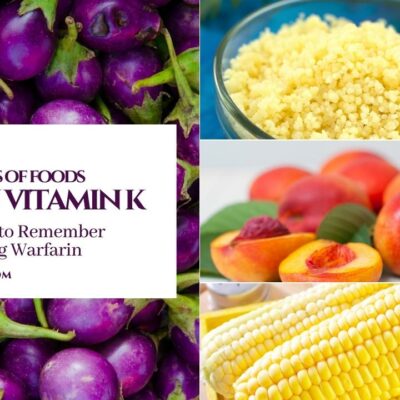


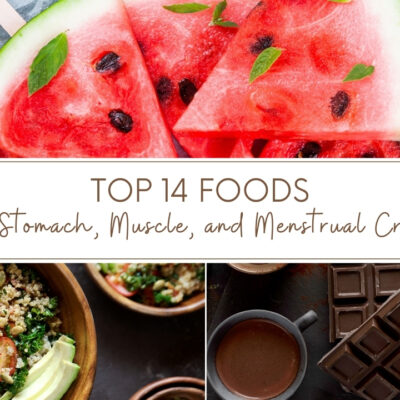
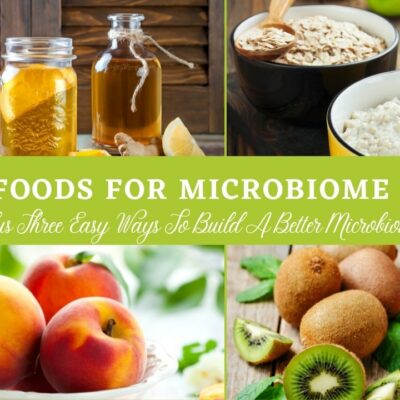
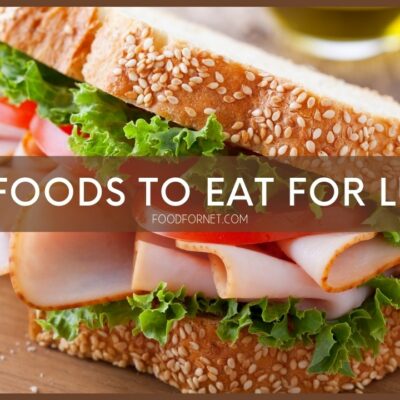


 The Best Cucumber Vodka
The Best Cucumber Vodka
Leave a Reply